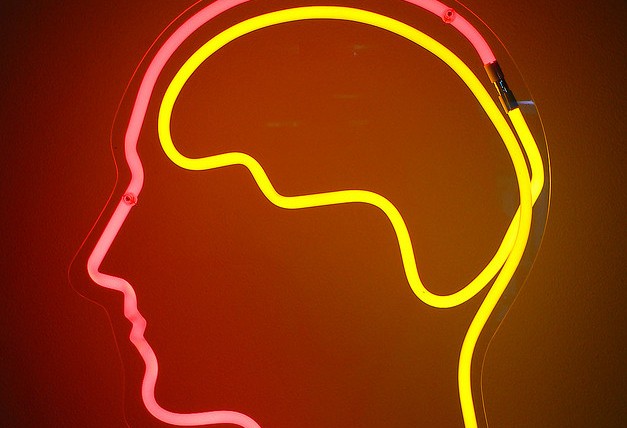
Studies Track IQ and Adult Drug Use

an IQ level based on their verbal and written responses. When each child reached the age of 42, they were given a questionnaire inquiring about their use of various drugs. Those who had tested at an IQ of 125 or higher were found to be exponentially more likely to have used drugs. One drawback to the study is that it did not evaluate the pattern or length of drug use, only the occurrence.
Contradicting Other Theories
The results of the study are surprising given that many other studies have shown a high correlation between intelligence and adopting positive health habits. These studies have repeatedly shown that more intelligent individuals have lower rates of smoking, get more physical activity and consume more fruits and vegetables. Why then, are they also more likely to use drugs?
Underlying Reasons Remain Elusive
The number of theories as to why intelligent individuals are more likely to use drugs are numerous. However, the actual cause remains elusive. One theory suggests a flaw in how we define intelligence. The modern definition of intelligence and IQ does not evaluate emotional intelligence or creativity. These include things like impulse control, perseverance, diligence, motivation, empathy and social skills. These are all important skills when it comes to handling the challenges of day-to-day life. In fact, there are several studies that link low emotional intelligence to higher drug use.
For over 25 years, people from all over the world have chosen Waismann Method as their opioid detox provider.
We know the challenges you face and the importance of creating a unique and personal experience for you right from the start.Call for Detox Options 1-800-423-2482
There also seems to be a culture element at work. IQ scores have traditionally varied widely among ethnic and cultural groups. Thus, it is unclear how much impact cultural influence has on IQ and thus on drug use.
The Conclusion about Intelligent People and Drugs
This data clearly proves that it is erroneous to believe that the more intelligent an individual is the better life choices they will make. Instead, it proves rather conclusively that higher intelligence leads to a higher likelihood of experimentation with more advanced drugs. Those with a high IQ have also been shown to score high on tests that measure stimulation seeking and openness to experience. While no specific studies have been done on IQ and stimulation seeking, numerous literature exists that suggest a strong correlation. The reason as to why this occurs however remains a mystery. This would seem to explain the current tendency for highly intelligent and successful individuals to abuse newer drugs like opiate-based painkillers, rather than turning to drugs that have been around for decades or centuries.





